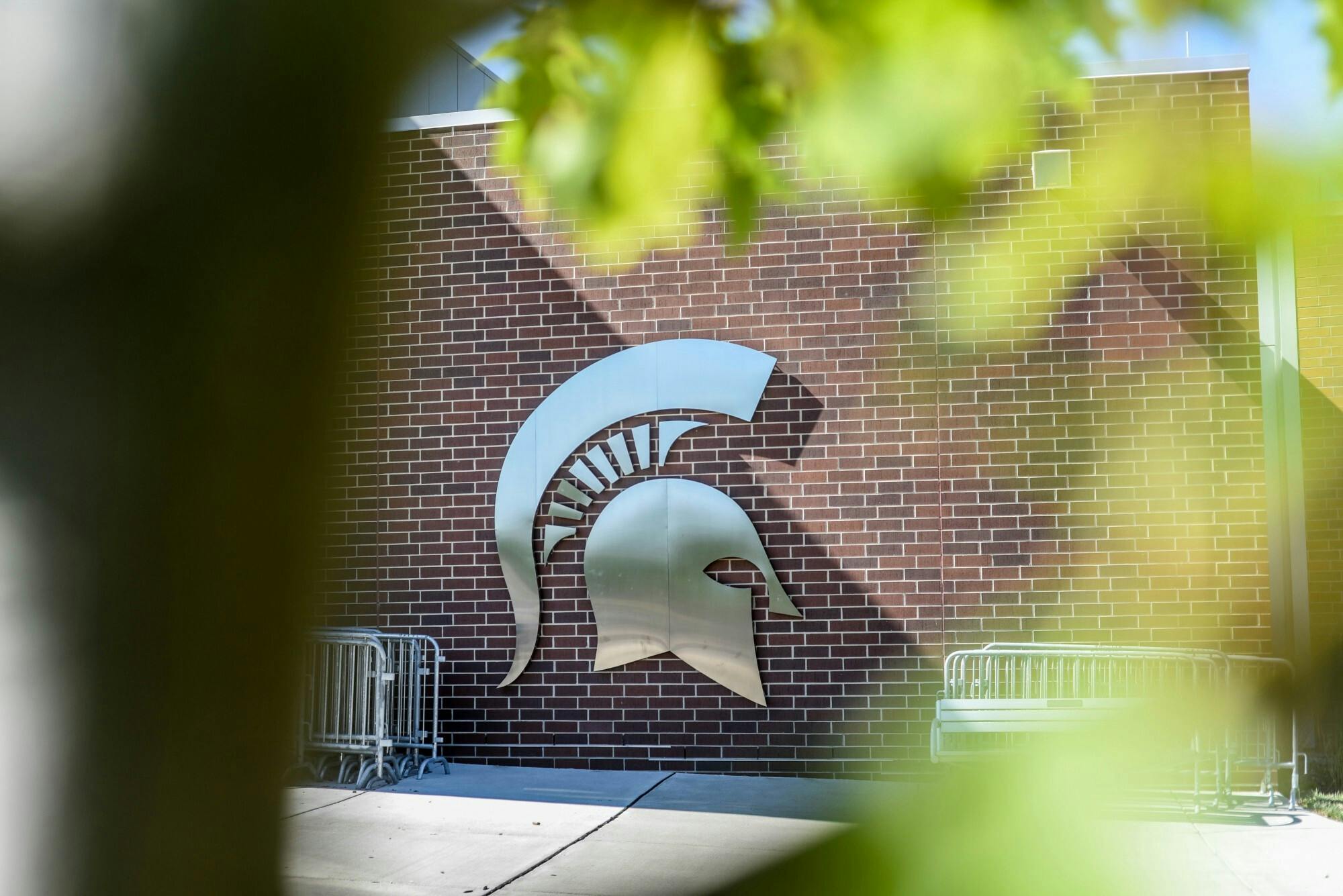The U.S. Department of Agriculture’s, or USDA, Specialty Crop Research Initiative has awarded $7.1 million to the Cucurbit Coordinated Agricultural Project, or CucCAP, a nationwide research and outreach initiative lead by Michigan State University.
The research is focused on the cucurbit crop family comprised of cucumbers, squashes, melons and watermelon.
According to the CucCAP website, the CucCAP project objectives are to develop genomic approaches and tools for cucurbit species, perform economic impact analyses of cost of production and disease control, and other objectives that include integrated research and extension and outreach approaches.
“Producers and processors of cucurbit crops throughout the country consistently identify diseases as one of their most serious and costly problems,” Rebecca Grumet, a professor in the MSU Department of Horticulture and leader of the project, said in a release. “The diseases cause severe reductions in yield and crop quality, sometime causing total crop loss.”
The project began in 2015, and with the new funding, the goals of CucCAP are to harness genomic resources for disease resistance and management in cucurbit crops.
“Control measures are expensive due to chemical costs, time and labor,” Grumet said in the release. “The most cost-effective and environmentally desirable solution is disease-resistant varieties in combination with effective integrated disease management strategies.”
There are partnerships with nine other institutions across the country, including:
- Boyce-Thompson Institute
- Clemson University
- Cornell University
- North Carolina State University
- University of Florida
- University of Georgia
- University of Puerto Rico
- USDA Agricultural Research Service
- West Virginia State University
Using genomics is a vital approach to help researchers understand cucurbit species’ genetic makeup and breed disease-resistant varieties. Tools developed through the project have allowed the identification of genetic regions associated with resistance to important diseases.
For decades, Grumet has worked closely with Michigan specialty crop growers on disease management issues, concentrating on reproductive development and disease resistance in cucurbits — particularly cucumbers.
Michigan is home to the largest pickling cucumber industry in the United States, valued at almost $50 million per year.
Through the program, researchers identified two significant diseases threatening cucumbers, including downy mildew and Phytophthora fruit rot caused by Phytophthora capsici. Grumet said that these diseases cost U.S. cucumber growers about $5 million per year.
University Distinguished Professor in the MSU Department of Plant, Soil and Microbial Sciences and CucCAP team member Mary Hausbeck focuses on developing effective practices and timely extension resources to manage cucurbit diseases and resistance to Phytophthora fruit rot in processing squash. Partnering institutions are looking at fungal, oomycete, and viral pathogens infecting different cucurbit crops.
CucCAP projects are in anticipation of the production process of cucurbit crops and informing growers about research findings.
“Using modern genomic tools, we can more efficiently introduce and combine genes for different resistances while maintaining high yield and important fruit quality traits,” Grumet said. “This is critically needed given the tremendous losses that can be caused by these destructive diseases.”
Support student media!
Please consider donating to The State News and help fund the future of journalism.
Discussion
Share and discuss “$7.1 million renewed to MSU-led CucCAP project” on social media.








